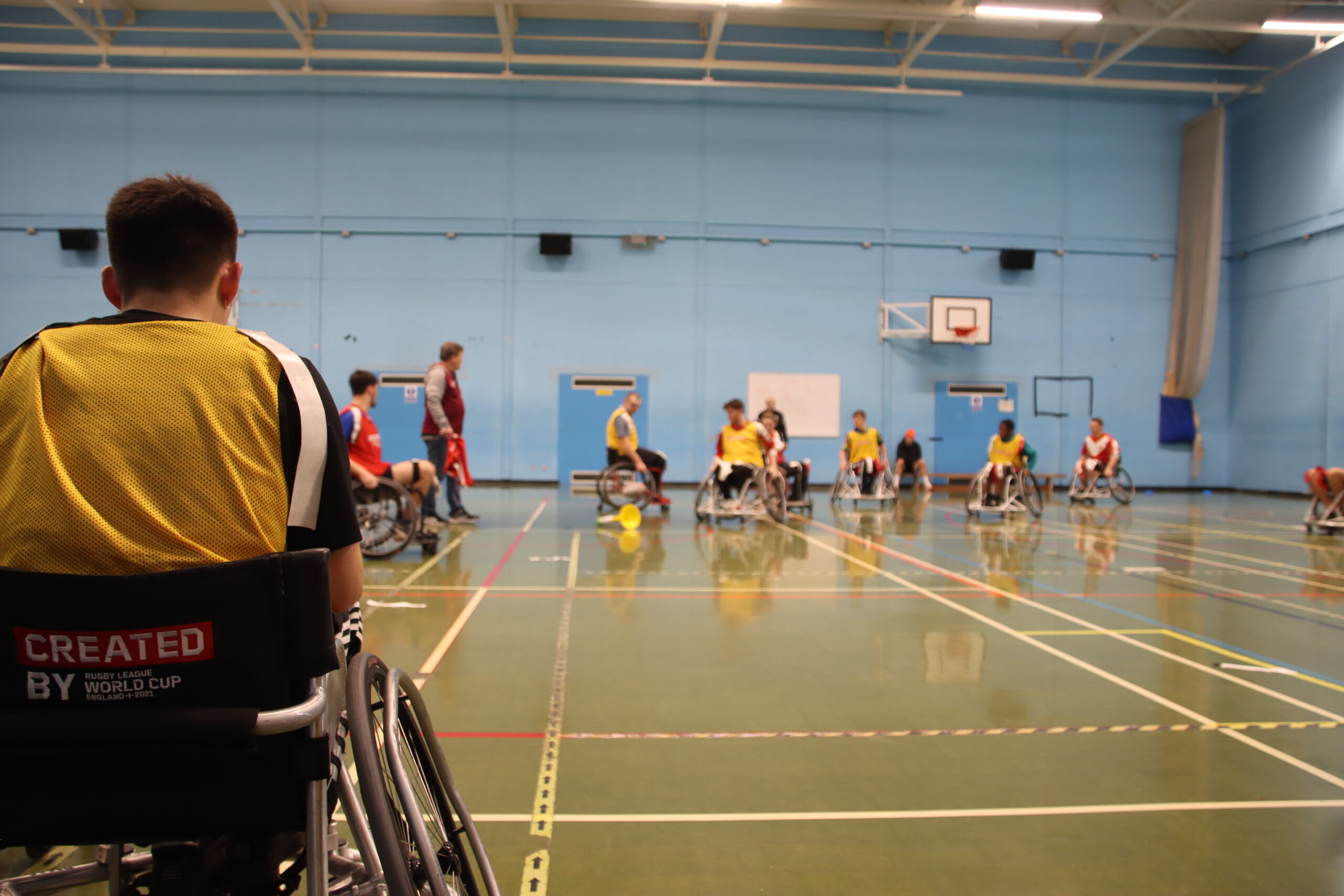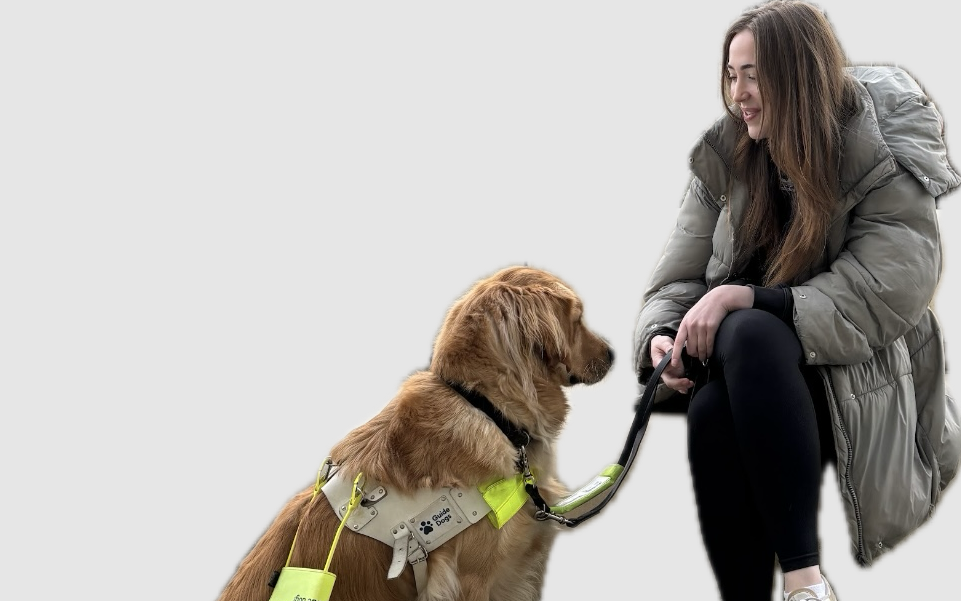Sheffield University are working on a new project to develop artificial intelligence in a bid to tackle digital disinformation.
The multi-million pound scheme will use cutting edge tools to target the increasing spread of misleading information which finds its way into the public domain.
Dr Carolina Scarton, 35, a lecturer in Natural Language Processing at Sheffield University, said: “Digital disinformation is evolving and becoming easier to create, yet increasingly harder to detect and verify.”
The project, Vera.ai, is bringing together experts from many different fields, including Computer Science, Social Sciences and Journalism.
“Our main aim is to create AI tools to support journalists and fact-checkers in identifying and debunking disinformation that appears in multiple platforms like social media, closed networks and even in the mainstream media,” said Dr Scarton.
Technological developments mean the creation of deceiving material, like forged images, requires less expertise and is becoming increasingly difficult to spot.
The Vera.ai team aims to keep up with these developments and make sure the new tools are open, easy to use and accessible to the general public.
Prof Kalina Bontcheva, Head of the Natural Language (NLP) research group at the University and the Vera.ai scientific director, said: “With disinformation growing continuously in terms of its volume, spread and sophistication, new tools are urgently needed to help verification professionals with detection, analysis and exposure of disinformation campaigns in a timely and reliable manner.”
Disinformation can appear in various forms, including audio, video, images, and text, and is defined as false or misleading information created to deceive the general public for economic gain.
Researchers from the University believe disinformation poses a serious threat to the functioning of open democracies, public discourse, the economy and social cohesion.
Dr Scarton explained disinformation around the Covid-19 vaccine caused a reduction in the rate of vaccinations, which was a severe public health risk.
She said: “Not only did it lead to a reduction in rates of the Covid vaccine, but also caused doubt about other vaccines.”
Sophisticated disinformation campaigns around the war in Ukraine have also been used to spread false information to citizens.
Dr Scarton said: “The project has created many opportunities for us in terms of future long-term collaborations with researchers and key stakeholders in the field.”
Vera.ai will also act as a continuation of the successful WeVerify project which led to the creation of a browser extension with over 70,000 monthly users.




